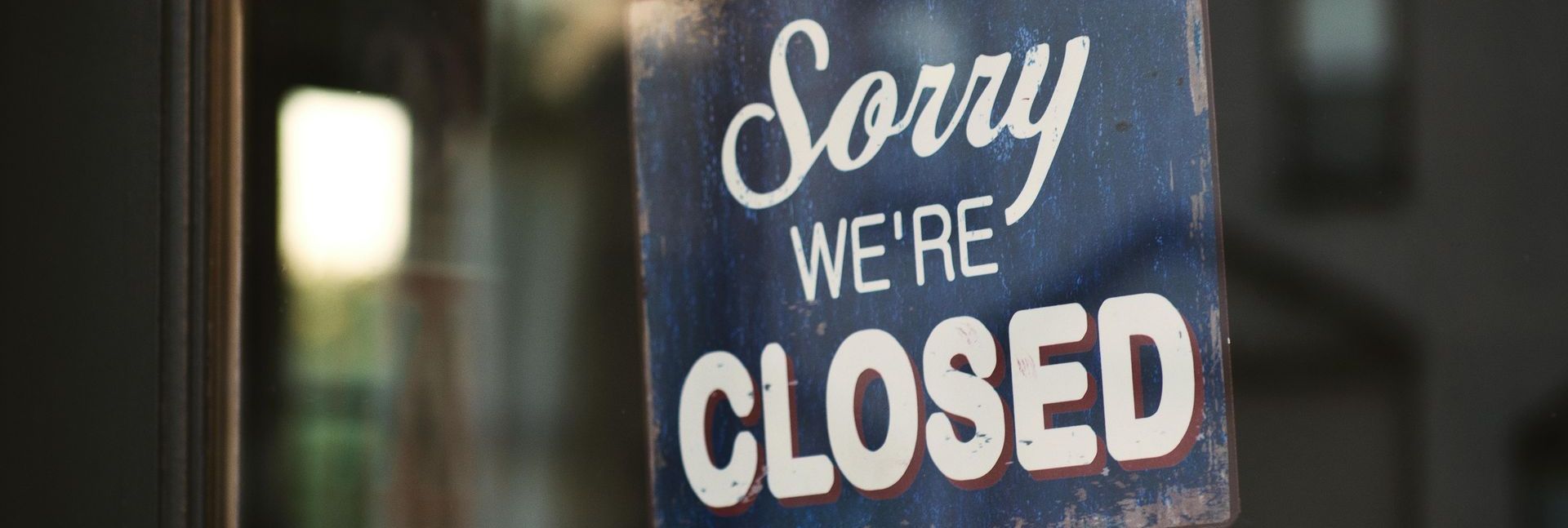Suicide – A Man’s Perspective: Understanding the Silent Crisis
The truth no one wants to hear but the data is clear

Before you read this blog, I encourage you to consider three questions:
1. What brought you here today?
2. How will you feel after reading this?
3. What action could you take to save a life?
Nothing much has changed
It was September 2018, and I had just returned from what felt like my last holiday. As I walked into work as a police officer, I saw my Inspector waiting, even though he was supposed to have retired. My heart sank. I forced a smile and greeted him, but his expression didn’t match mine. Minutes later, my world crumbled, and I broke down.
Suddenly, I found myself in a mental health suite, a place I had often taken others to. The system felt cold, impersonal, and ineffective. I realised then that no one was coming to save me. Six years on, I have learned a lot about the human mind and have helped hundreds of people. But I am here to share a man’s perspective on mental health—a perspective that too often goes unheard.
The Gender Imbalance in Wellbeing Services
Wellbeing services are overwhelmingly aimed at women. Around 80% of people accessing wellbeing support are women, while 76% of suicides are men. This disparity speaks volumes about how services are tailored and who they truly serve. Most therapists and counsellors are female, often from middle to upper-middle-class backgrounds. This skews the focus toward issues more commonly associated with women, leaving men without the support they need, but society expects them to access these services regardless.
Men, especially those from working class backgrounds, are falling through the cracks. The depletion of traditional male roles in society has left many men feeling lost and without purpose. Economic changes and the rise of women in professional spaces have disrupted traditional roles, leaving men struggling to redefine their identity. This loss of purpose contributes significantly to the rising rates of male suicide.
The Depletion of the Male Role in Society
Historically, men have found purpose in roles such as provider and protector. However, these roles are being eroded by economic shifts, due to the decline of male-dominated industries, where men once found connection and purpose. While this progress for women is essential, it leaves many men feeling displaced, undervalued, and disconnected from their identity as these roles are now under attack in the name of equality, whilst women are suffering under the pressure of needing to be successful in both traditional female and male roles - everyone is breaking but for different reasons.
Men are less likely to seek help, partly due to societal expectations to be strong, stoic, and self-reliant, but to what end?
When they do reach out, they find that services are not designed to meet their needs. Traditional masculinity emphasises strength and self-reliance, but when these qualities are undermined, men can feel like failures. The stigma of seeking help compounds these feelings, leading to internalised stress, depression, and ultimatley suicide.
I know this personally and I know it through my clients both male and female, and it breaks me still that we refuse to allow people to access services that can truly help and bring that help into the mainstream for everyone to access.
Help Exists Outside the Mainstream
Despite the system’s shortcomings, and societies failure to act, help is available outside of mainstream services.
Men and also women need support that recognises their unique struggles, offers purpose, and validates their experiences. It’s crucial to break the stigma that men face when seeking help and to provide resources that cater specifically to their needs. More over, despite gender we all want and need to feel we have purpose, feel loved, appreciated and we can contribute to the world.
I didn't want to talk about how I felt, because you don't get it off your chest, you just remind yourself what you already know, but now you have shared that with others.
The micro expressions on peoples faces say it all, that collapse in energy you feel as if you have been stripped naked knowing that they can't find a solution, but want to help, so you quickly retract, and put on a smile as if nothing is wrong.
What is the solution?
Through my own experiences, I founded "Make Your Life Count" to help men and women who feel disconnected and purposeless. Not everyone wants to talk; some just need to understand why they feel the way they do and to find meaning again.
Suicide is the last step in finding peace, what if people could find peace before that?
What Can You Do to Save a Life?
What can you do today?
Share this blog, because you don’t know who is really suffering.
Tell someone you love them, hug them and help them, not with words but by directing them to me - I have been there and I can help
Let others know that hope exists and that help is available. Your actions, however small, could make all the difference.

















